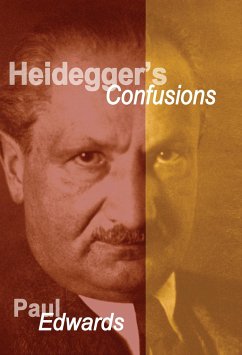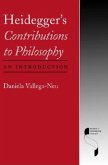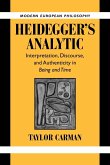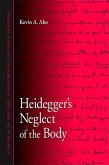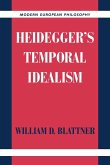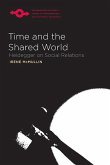In this thorough critique of the philosophy of Martin Heidegger, philosopher Paul Edwards continues a project that he began several years ago. As he once stated in the New York Review of Books (June 11, 1981), Edwards's goal has been "to rescue [Heidegger's] valuable ideas from the logical confusions in which they are embedded and from the willfully obscure and perverse language in which they are frequently expressed." In this penetrating and witty book, Edwards insightfully analyzes Heidegger's quest for being; his treatment of death, anxiety, and nothingness; and his double-talk about life after death. In a brief preface Edwards aptly sums up the thrust of his criticism: "Bertrand Russell once referred to Kant as the greatest catastrophe in the history of philosophy. C. D. Broad commented that this position surely belonged to Hegel. Russell and Broad were wrong, because this title undoubtedly belongs to Martin Heidegger. Some years ago, Anthony Quinton spoke of Heidegger's 'ponderous and rubbishy woolgathering.' Until fairly recently, Heidegger was not taken seriously by philosophers in Great Britain and the United States. Unfortunately, this is no longer the case. One goal of the present study is to stem this tide of unreason."
Hinweis: Dieser Artikel kann nur an eine deutsche Lieferadresse ausgeliefert werden.
Hinweis: Dieser Artikel kann nur an eine deutsche Lieferadresse ausgeliefert werden.

